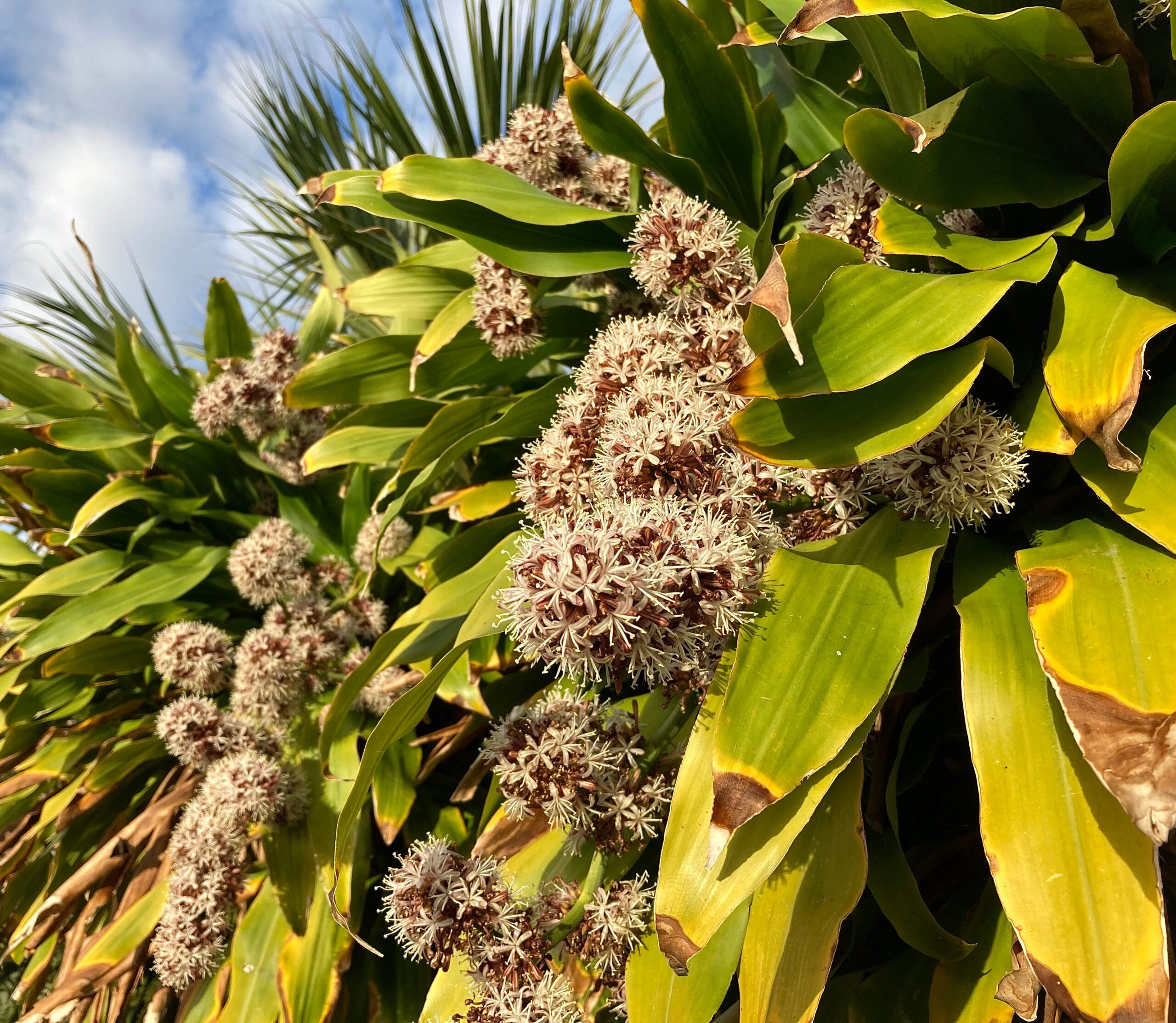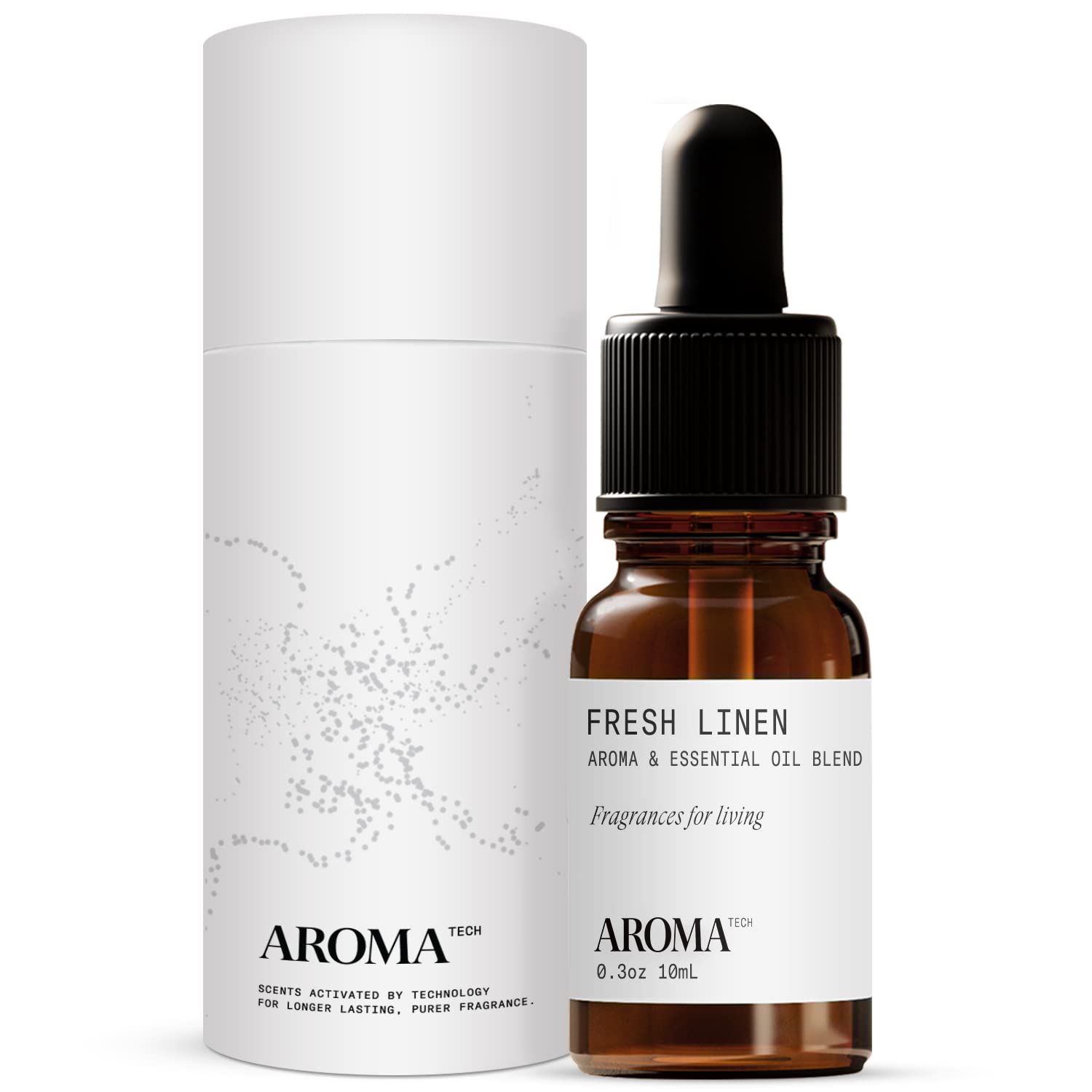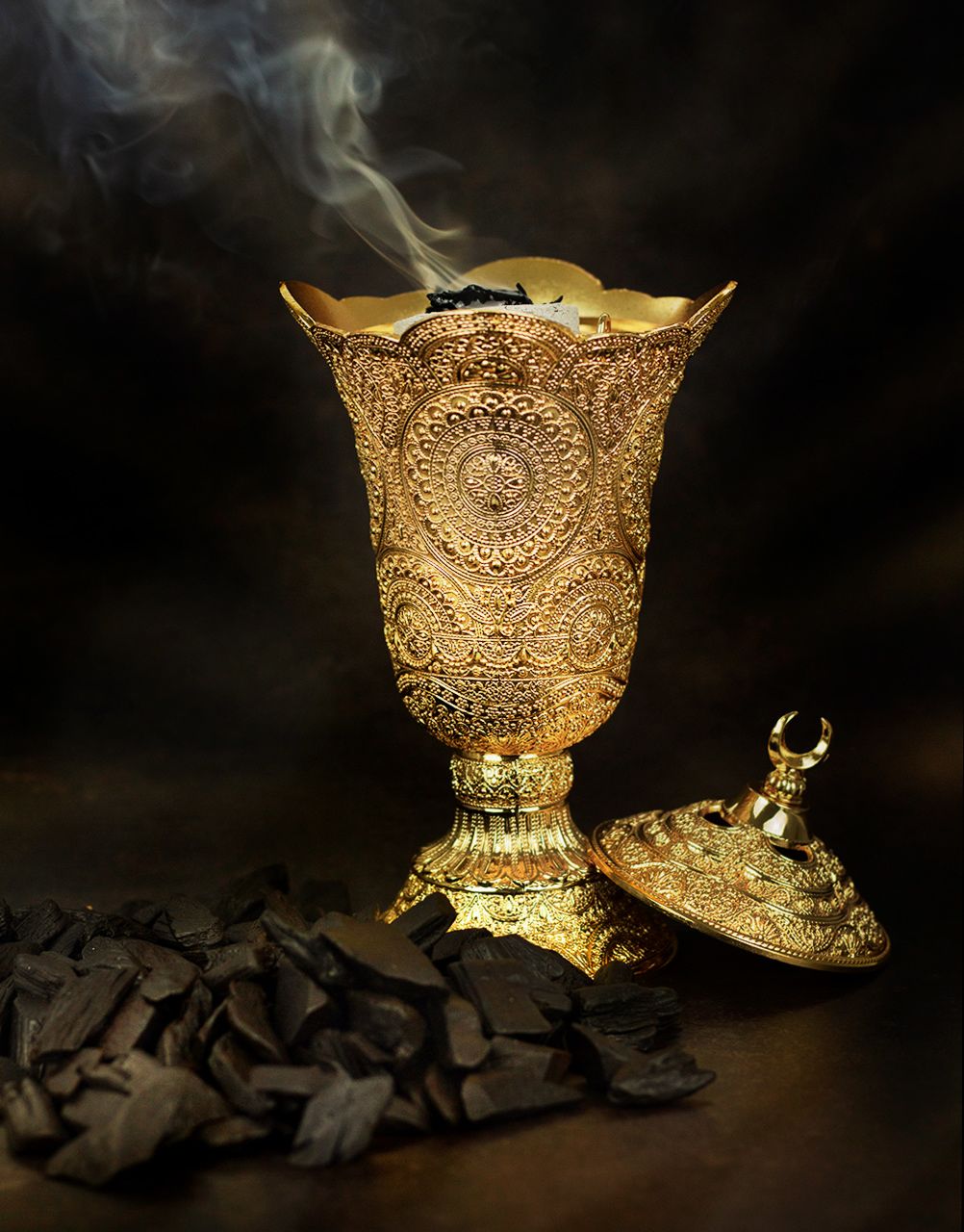Patchouli was originally used for its strong and distinct fragrance and as a natural insect repellent. Patchouli, known for its strong and distinct fragrance, has a rich history that spans across centuries.
This versatile plant has been used for various purposes, with its original use being as a natural insect repellent. The leaves of the patchouli plant emit a unique aroma that not only repels insects but also masks other odors. This made it a valuable asset for people living in tropical regions, where bugs and mosquitos were abundant.
Over time, patchouli’s aromatic qualities were also appreciated in the world of perfumery, as it adds depth and warmth to fragrances. Today, patchouli is not only used in cosmetics and perfumes but also in aromatherapy due to its relaxing and grounding properties. Let’s dive deeper into the origins and uses of this remarkable plant.
The Intriguing History Of Patchouli In Ancient Civilizations
The history of patchouli is fascinating and spans across ancient civilizations such as Egypt, China, and India. In Egypt, patchouli was highly regarded for its fragrant properties and was often used as a remedy for the deceased. The strong and musky scent of patchouli was believed to help mask the odor of decomposition.
In China, patchouli was considered an essential ingredient in herbal medicine. Its leaves and oil were used to treat various ailments, including skin conditions, digestive issues, and respiratory problems. The medicinal properties of patchouli made it a popular choice among traditional Chinese healers.
In India, patchouli played a vital role in Ayurvedic practices. The plant was used in perfumes, incense, and skincare products due to its antiseptic and anti-inflammatory properties. Patchouli oil was also used in aromatherapy to promote relaxation and improve mood.
Throughout history, patchouli has been valued for its therapeutic and aromatic qualities in different cultures. Today, it continues to be an important ingredient in various industries, including perfumery, skincare, and alternative medicine.
Patchouli In Traditional Healing Practices
What was Patchouli originally used for? The remarkable scent and versatility of Patchouli have made it a popular choice in the perfume industry. Patchouli oil is known for its distinctive fragrance profile, which includes key components such as patchoulol, alpha patchoulene, and beta patchoulene.
This unique blend of compounds gives Patchouli its earthy, woody, and musky notes, making it a favorite among perfumers. It is often used as a base note in perfumes and adds depth and richness to fragrances.
In addition to its role in perfumery, Patchouli oil has diverse applications. It is used in skincare products for its soothing and anti-inflammatory properties. It is also a common ingredient in aromatherapy due to its calming and grounding effects.
Overall, Patchouli’s distinctive scent and versatility have made it a valuable ingredient in various industries, particularly perfumery and skincare.
Patchouli In Popular Culture: From Hippie Era To Modern Trends
Patchouli, a popular scent known for its unique aroma and calming properties, has a rich history that spans across different eras. Originally used for its therapeutic benefits, patchouli gained popularity during the 1960s counterculture movement. The tie-dye generation embraced patchouli as a symbol of peace, love, and individuality.
During this era, patchouli not only influenced fashion but also made its mark in the music and art scene. Its earthy scent became synonymous with the hippie lifestyle and was often associated with freedom and self-expression.
Fast forward to the present day, patchouli continues to captivate the world of fashion and design. Its distinct fragrance is often used in perfumes, candles, and other lifestyle products. The versatility of patchouli makes it a popular choice among designers, adding a touch of sophistication and intrigue to their creations.
Whether it’s the 1960s counterculture or modern fashion trends, patchouli remains a beloved scent that has made its way into popular culture, proving that its appeal is timeless.
Responsible Sourcing And Ethical Consumption Of Patchouli
The original use of patchouli dates back to ancient times, where it was primarily used for medicinal purposes. Today, with responsible sourcing and ethical consumption being crucial, it’s important to promote fair trade practices in the patchouli industry.
Patchouli cultivation has a significant environmental impact, which makes supporting sustainable and ethical brands even more essential. By choosing brands that prioritize sustainable farming techniques and ethical sourcing, you can contribute to reducing the environmental footprint of patchouli production.
Moreover, promoting fair trade practices ensures that farmers and workers involved in the patchouli industry receive fair compensation for their efforts. Fair trade encourages transparency and accountability, leading to a more equitable distribution of profits and better working conditions.
Overall, by supporting sustainable and ethical brands, you not only contribute to preserving the environment but also promote social responsibility within the patchouli industry, making a positive impact on both the planet and the people involved.
Frequently Asked Questions
Why Did Hippies Use Patchouli?
Hippies used patchouli for its earthy scent and as a symbol of rebellion and individuality.
Why Do Stoners Use Patchouli?
Stoners often use patchouli due to its unique scent that complements the marijuana aroma.
What Is The History Of Patchouli?
Patchouli has a rich history and is known for its use in perfumes and traditional medicine.
What’s So Special About Patchouli?
Patchouli is a unique and special scent known for its earthy, musky, and calming properties.
Conclusion
The ancient origins and diverse uses of patchouli make it a captivating and versatile plant. Its rich history as a perfume fixative and aphrodisiac has evolved to include medicinal benefits such as pain relief, insect repellent, and even potential antiviral properties.
Patchouli’s distinct scent has found its way into many modern applications, from cosmetics and aromatherapy to home fragrance and natural remedies. With its deep, earthy aroma and healing properties, patchouli continues to captivate and intrigue people around the world. Whether you are drawn to its aromatic allure or seeking its therapeutic benefits, patchouli remains a cherished and valuable ingredient.
So next time you catch a whiff of this distinct fragrance, remember the ancient roots and long-lasting impact of patchouli.
Patchouli, a fragrant herb native to Southeast Asia, has a rich history of traditional use dating back centuries. In modern times, scientific research has revealed a range of potential health benefits associated with patchouli.
One notable finding is that patchouli possesses anti-inflammatory and antioxidant properties, making it a promising natural remedy for various ailments. These properties may help reduce inflammation and oxidative stress in the body, which are believed to contribute to the development of chronic diseases.
Additionally, patchouli has been found to have stress-relieving and anxiety-reducing effects. Its aroma is believed to stimulate the release of certain chemicals in the brain, promoting relaxation and a sense of calm. This makes it a popular ingredient in aromatherapy and stress-relief products.
Moreover, patchouli oil boasts skincare and haircare benefits as well. Due to its antimicrobial properties, it may help combat acne-causing bacteria and soothe skin irritations. When used in hair products, it has been shown to promote hair growth and strengthen hair follicles.
Patchouli Cultivation And Production
Patchouli cultivation and production involve a series of steps. Harvesting and distilling patchouli leaves are essential processes in the production of patchouli oil, which is known for its unique fragrance. Sustainable farming practices play a vital role in ensuring the quality and availability of patchouli plants. By implementing sustainable methods, farmers can support the long-term cultivation of patchouli without harming the environment or depleting resources. Global patchouli production and trade have seen significant growth, with various countries contributing to its cultivation. The demand for patchouli products continues to rise, highlighting the economic importance of this crop. As the popularity of patchouli expands, it is essential to prioritize sustainable farming practices and maintain a balance between production and environmental preservation.
Patchouli’s Remarkable Scent And Versatility
What was Patchouli originally used for? The remarkable scent and versatility of Patchouli have made it a popular choice in the perfume industry. Patchouli oil is known for its distinctive fragrance profile, which includes key components such as patchoulol, alpha patchoulene, and beta patchoulene.
This unique blend of compounds gives Patchouli its earthy, woody, and musky notes, making it a favorite among perfumers. It is often used as a base note in perfumes and adds depth and richness to fragrances.
In addition to its role in perfumery, Patchouli oil has diverse applications. It is used in skincare products for its soothing and anti-inflammatory properties. It is also a common ingredient in aromatherapy due to its calming and grounding effects.
Overall, Patchouli’s distinctive scent and versatility have made it a valuable ingredient in various industries, particularly perfumery and skincare.
Patchouli In Popular Culture: From Hippie Era To Modern Trends
Patchouli, a popular scent known for its unique aroma and calming properties, has a rich history that spans across different eras. Originally used for its therapeutic benefits, patchouli gained popularity during the 1960s counterculture movement. The tie-dye generation embraced patchouli as a symbol of peace, love, and individuality.
During this era, patchouli not only influenced fashion but also made its mark in the music and art scene. Its earthy scent became synonymous with the hippie lifestyle and was often associated with freedom and self-expression.
Fast forward to the present day, patchouli continues to captivate the world of fashion and design. Its distinct fragrance is often used in perfumes, candles, and other lifestyle products. The versatility of patchouli makes it a popular choice among designers, adding a touch of sophistication and intrigue to their creations.
Whether it’s the 1960s counterculture or modern fashion trends, patchouli remains a beloved scent that has made its way into popular culture, proving that its appeal is timeless.
Responsible Sourcing And Ethical Consumption Of Patchouli
The original use of patchouli dates back to ancient times, where it was primarily used for medicinal purposes. Today, with responsible sourcing and ethical consumption being crucial, it’s important to promote fair trade practices in the patchouli industry.
Patchouli cultivation has a significant environmental impact, which makes supporting sustainable and ethical brands even more essential. By choosing brands that prioritize sustainable farming techniques and ethical sourcing, you can contribute to reducing the environmental footprint of patchouli production.
Moreover, promoting fair trade practices ensures that farmers and workers involved in the patchouli industry receive fair compensation for their efforts. Fair trade encourages transparency and accountability, leading to a more equitable distribution of profits and better working conditions.
Overall, by supporting sustainable and ethical brands, you not only contribute to preserving the environment but also promote social responsibility within the patchouli industry, making a positive impact on both the planet and the people involved.
Frequently Asked Questions
Why Did Hippies Use Patchouli?
Hippies used patchouli for its earthy scent and as a symbol of rebellion and individuality.
Why Do Stoners Use Patchouli?
Stoners often use patchouli due to its unique scent that complements the marijuana aroma.
What Is The History Of Patchouli?
Patchouli has a rich history and is known for its use in perfumes and traditional medicine.
What’s So Special About Patchouli?
Patchouli is a unique and special scent known for its earthy, musky, and calming properties.
Conclusion
The ancient origins and diverse uses of patchouli make it a captivating and versatile plant. Its rich history as a perfume fixative and aphrodisiac has evolved to include medicinal benefits such as pain relief, insect repellent, and even potential antiviral properties.
Patchouli’s distinct scent has found its way into many modern applications, from cosmetics and aromatherapy to home fragrance and natural remedies. With its deep, earthy aroma and healing properties, patchouli continues to captivate and intrigue people around the world. Whether you are drawn to its aromatic allure or seeking its therapeutic benefits, patchouli remains a cherished and valuable ingredient.
So next time you catch a whiff of this distinct fragrance, remember the ancient roots and long-lasting impact of patchouli.
Patchouli, known for its distinctive and captivating aroma, has been used for centuries in traditional healing practices. With its holistic properties, patchouli is renowned for soothing the mind, body, and soul. Through the art of aromatherapy, patchouli oil is harnessed as a potent therapeutic tool. Its calming and grounding effects make it an ideal choice for promoting relaxation, reducing stress, and enhancing mood.
In addition to its aromatic benefits, patchouli is also valued in herbal medicine for its healing power. Its antiseptic and anti-inflammatory properties make it an effective remedy for various skin conditions, such as acne, eczema, and psoriasis. Moreover, patchouli is known for its ability to support digestive health and alleviate digestive issues. With its rich history and diverse applications, patchouli continues to be a beloved ingredient in natural remedies and self-care rituals.
Patchouli Through The Ages: From Insect Repellent To Perfume
Patchouli has a fascinating history, starting from its humble origins as an insect repellent in medieval Europe to its prominent role in the perfume industry and its wide range of contemporary uses. In medieval Europe, patchouli was highly valued for its ability to ward off insects, making it a popular choice for aromatic shields.
With the advent of the perfume industry in the 19th century, patchouli gained popularity as a key ingredient in fragrances, revolutionizing the industry. Today, patchouli can be found in a variety of cosmetic products such as lotions, soaps, and shampoos, as well as in candles and home fragrances. Its distinct earthy and musky aroma adds depth and character to these products. Patchouli’s versatility and unique scent have made it a staple in many industries, continuing its long and vibrant history.

Credit: www.britannica.com
Exploring Modern Science: Patchouli’S Potential Health Benefits
Patchouli, a fragrant herb native to Southeast Asia, has a rich history of traditional use dating back centuries. In modern times, scientific research has revealed a range of potential health benefits associated with patchouli.
One notable finding is that patchouli possesses anti-inflammatory and antioxidant properties, making it a promising natural remedy for various ailments. These properties may help reduce inflammation and oxidative stress in the body, which are believed to contribute to the development of chronic diseases.
Additionally, patchouli has been found to have stress-relieving and anxiety-reducing effects. Its aroma is believed to stimulate the release of certain chemicals in the brain, promoting relaxation and a sense of calm. This makes it a popular ingredient in aromatherapy and stress-relief products.
Moreover, patchouli oil boasts skincare and haircare benefits as well. Due to its antimicrobial properties, it may help combat acne-causing bacteria and soothe skin irritations. When used in hair products, it has been shown to promote hair growth and strengthen hair follicles.
Patchouli Cultivation And Production
Patchouli cultivation and production involve a series of steps. Harvesting and distilling patchouli leaves are essential processes in the production of patchouli oil, which is known for its unique fragrance. Sustainable farming practices play a vital role in ensuring the quality and availability of patchouli plants. By implementing sustainable methods, farmers can support the long-term cultivation of patchouli without harming the environment or depleting resources. Global patchouli production and trade have seen significant growth, with various countries contributing to its cultivation. The demand for patchouli products continues to rise, highlighting the economic importance of this crop. As the popularity of patchouli expands, it is essential to prioritize sustainable farming practices and maintain a balance between production and environmental preservation.
Patchouli’s Remarkable Scent And Versatility
What was Patchouli originally used for? The remarkable scent and versatility of Patchouli have made it a popular choice in the perfume industry. Patchouli oil is known for its distinctive fragrance profile, which includes key components such as patchoulol, alpha patchoulene, and beta patchoulene.
This unique blend of compounds gives Patchouli its earthy, woody, and musky notes, making it a favorite among perfumers. It is often used as a base note in perfumes and adds depth and richness to fragrances.
In addition to its role in perfumery, Patchouli oil has diverse applications. It is used in skincare products for its soothing and anti-inflammatory properties. It is also a common ingredient in aromatherapy due to its calming and grounding effects.
Overall, Patchouli’s distinctive scent and versatility have made it a valuable ingredient in various industries, particularly perfumery and skincare.
Patchouli In Popular Culture: From Hippie Era To Modern Trends
Patchouli, a popular scent known for its unique aroma and calming properties, has a rich history that spans across different eras. Originally used for its therapeutic benefits, patchouli gained popularity during the 1960s counterculture movement. The tie-dye generation embraced patchouli as a symbol of peace, love, and individuality.
During this era, patchouli not only influenced fashion but also made its mark in the music and art scene. Its earthy scent became synonymous with the hippie lifestyle and was often associated with freedom and self-expression.
Fast forward to the present day, patchouli continues to captivate the world of fashion and design. Its distinct fragrance is often used in perfumes, candles, and other lifestyle products. The versatility of patchouli makes it a popular choice among designers, adding a touch of sophistication and intrigue to their creations.
Whether it’s the 1960s counterculture or modern fashion trends, patchouli remains a beloved scent that has made its way into popular culture, proving that its appeal is timeless.
Responsible Sourcing And Ethical Consumption Of Patchouli
The original use of patchouli dates back to ancient times, where it was primarily used for medicinal purposes. Today, with responsible sourcing and ethical consumption being crucial, it’s important to promote fair trade practices in the patchouli industry.
Patchouli cultivation has a significant environmental impact, which makes supporting sustainable and ethical brands even more essential. By choosing brands that prioritize sustainable farming techniques and ethical sourcing, you can contribute to reducing the environmental footprint of patchouli production.
Moreover, promoting fair trade practices ensures that farmers and workers involved in the patchouli industry receive fair compensation for their efforts. Fair trade encourages transparency and accountability, leading to a more equitable distribution of profits and better working conditions.
Overall, by supporting sustainable and ethical brands, you not only contribute to preserving the environment but also promote social responsibility within the patchouli industry, making a positive impact on both the planet and the people involved.
Frequently Asked Questions
Why Did Hippies Use Patchouli?
Hippies used patchouli for its earthy scent and as a symbol of rebellion and individuality.
Why Do Stoners Use Patchouli?
Stoners often use patchouli due to its unique scent that complements the marijuana aroma.
What Is The History Of Patchouli?
Patchouli has a rich history and is known for its use in perfumes and traditional medicine.
What’s So Special About Patchouli?
Patchouli is a unique and special scent known for its earthy, musky, and calming properties.
Conclusion
The ancient origins and diverse uses of patchouli make it a captivating and versatile plant. Its rich history as a perfume fixative and aphrodisiac has evolved to include medicinal benefits such as pain relief, insect repellent, and even potential antiviral properties.
Patchouli’s distinct scent has found its way into many modern applications, from cosmetics and aromatherapy to home fragrance and natural remedies. With its deep, earthy aroma and healing properties, patchouli continues to captivate and intrigue people around the world. Whether you are drawn to its aromatic allure or seeking its therapeutic benefits, patchouli remains a cherished and valuable ingredient.
So next time you catch a whiff of this distinct fragrance, remember the ancient roots and long-lasting impact of patchouli.













